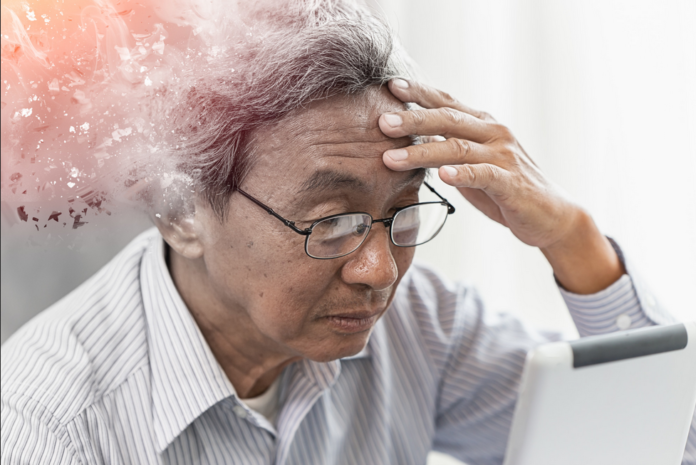The relationship between memory and aging is one thing we often see in older people and expect to experience ourselves one day. In fact, nearly 40 percent of people will suffer from memory loss after age 65.
Even though aging and memory loss often go hand in hand, it doesn’t mean you have anything to worry about right now.
Here’s what’s normal and what’s not.
Aging and Memory Psychology
Aging and working memory will experience shifts over time, but some types of brain function stay the same.
For example, semantic memory is our archive of general facts. These are as simple as remembering that grass is green and that apples are edible.
Then there’s procedural memory, which refers to knowing how to perform tasks. Most will remember how to read clocks and use the phone.
If you have memory loss of this nature, we suggest seeing a psychologist for an assessment.
Age and Short-Term Memory
Let’s look at the relationship between age and short-term memory.
Are you forgetting appointments? Did you fail to remember your small list of grocery items, or where you parked your car?
These, along with episodic memory, are what tend to decline as we age. Episodic memory is tied to your lived experiences, such as graduations or other past events.
Over time, your brain’s ability to “record” snippets of your life will not be as strong. You should be able to remember names of your family members or events from long ago, though.
Speech, Memory, and Aging
Taking longer to process thoughts and verbalize them is a normal part of memory and aging. While concentrating may be harder, you should still have the same vocabulary and understand rules of grammar.
See a psychologist if you see a decline in vocabulary, syntax, or abstract thinking.
When to Be Concerned About Aging and Memory
Inevitably, your life will start to get difficult if you forget appointments or other little things. After a while, they start to add up, even effecting our loved ones.
While aging and memory loss go hand in hand, try to get to the root of the problem. If you’re constantly misplacing things, maybe you need to get organized.
Try keeping to-do lists and setting up a routine. The more structured your life is, the easier aging and working memory will become.
Otherwise, look for red flags of worsening memory. See a psychologist if you have a hard time doing tasks like shopping, driving, or self-grooming. Other signs include a lack of rationality or the ability to problem solve.
If these conditions describe you or a loved one, consider a memory care facility like Mari De Villa. To learn more, click here.
Memory and Aging
Aging and memory loss are often normal phases in people’s lives, though it doesn’t affect everybody. While it’s definitely something to keep an eye on as you age, your chances of developing dementia or Alzheimer’s are slim.
For more health topics related to memory and aging, keep looking around our site for more content.









